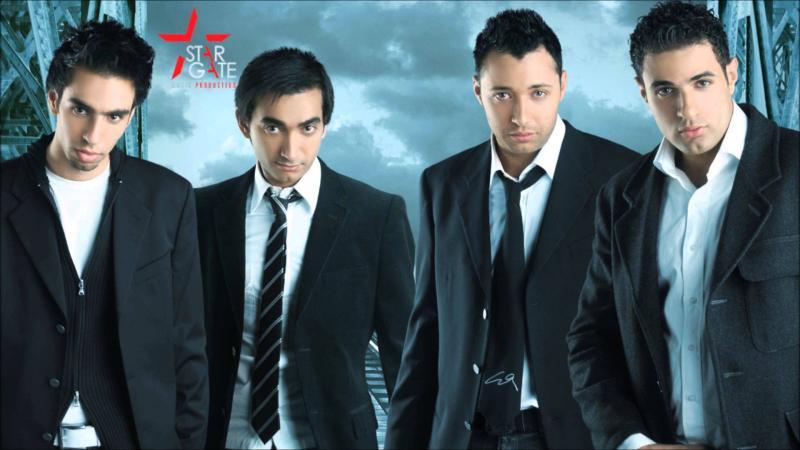I was a gap-toothed ten-year-old boy when I first saw an orchestra. I can’t remember what they were playing, but I do remember being fascinated by the conductor. Even then, I noticed that he had some kind of magical connection with the musicians. I always wanted to try it. Since then, I would happily conduct a kazoo quartet, anything remotely shaped like a baton. Knees up, Mother Brownand all this from the pleasant privacy of my living room.
Last week I had the chance to aim a little higher when I made my debut at the Marylebone Festival conducting the wonderful Orion Orchestra. We blissfully mastered Mascagni’s exquisite Intermezzo of Cavalleria rusticana. It was both a great privilege and a great pleasure.
Music is the world to me. It always has been. I would like to pretend that my earliest musical memory was something serious and moving, but in reality it is probably the choreography of a stunning routine to Diana Ross’ Chain reaction. You see, the soundscape of 1980s Southgate (where I grew up) didn’t contain many of the classical works I love today.
But I have another, somewhat more profound, childhood memory: hearing the magnificent choir at Cockfosters and North Southgate Synagogue. Sitting there one Yom Kippur, I felt that the Kol Nidrei service was just about the most beautiful thing I had ever heard. It was my first real encounter with the eloquent harmonies of Jewish music.
I didn’t fully understand how it happened (and I don’t think I ever will), but I felt its power on a very deep level.
It was a feeling of something unique, wonderful, and overwhelming. “Words are the language of the mind,” said the great Jonathan Sacks, “music is the language of the soul.” That was what I felt at that moment, sitting in the warm yellow light of the main synagogue, listening to the choir and chazan explore the unsolvable riddle of the divine.
It was only later that I tried to decipher the melodies myself and understand how it all actually works. After a few failed attempts to learn the tuba (it’s a great instrument, but we followed different paths in life), I turned to the piano and conducting and slowly began to understand how all the complex pieces fit together. On this journey, I have always been particularly touched and fascinated by the great Jewish composers. There are too many to mention, from Bernstein to Schoenberg, from Mahler to Mendelssohn, all brilliant in their own way. At first glance, their different works do not seem to reveal much in common. But I have always felt something beneath the sixteenth notes that connects them, a gently pulsating Jewish energy that takes me back to the first moment I heard Kol Nidrei.
I believe the commonality must be rooted in our ongoing need to share and transmit our past. History, suffering, our sense of existential uncertainty; all of this is reflected in the sacred resonances of our faith in their works. It is there in the complex pain and longing of Mahler’s Second Symphony and it is there in Bernstein’s magnificent Chichester Psalms.
But Judaism is not just about pain and introspection. The symphony of our experience is not simply played lamentoso. In fact, the somewhat annoying expression “Cheer up, it might never happen” should really have a Jewish version: “Cheer up, it already happened.” Our optimism in the face of so many painful stories leads to the other part of the story: exuberant jubilation.
Having the right music at a simcha is just as important as making sure you have the right kind of herring and at least 50 spare kippah clips. I was at a family bat mitzvah recently and felt pure joy vibrate through the room as young and old took to the dance floor to sweat and freak out, although to be honest I mostly stayed on the sidelines (I’m never at my best in the half ballet, half crush of the hora). Whether you’re throwing yourself around on the dance floor or singing your heart out to marriage broker, marriage broker, or a whole congregation belting out the melody Adon Olam (Which song is “funny” is something that people of good conscience can disagree about), this impulse to joy is as sacred and moving as anything Mahler ever had to say. As Sacks put it – again – as only he could: “The history of the Jewish spirit is written in his songs.”
Whether joyful or heartbreaking, ancient or modern, our music has always been at the heart of who we are. I am grateful every day that it beats in my heart and in the heart of Klal Yisrael.

:max_bytes(150000):strip_icc():focal(745x187:747x189)/Joseph-Quinn-taylor-swift-070124-tout-d5b008f1de164e79b195a5f6096bc97e.jpg)

